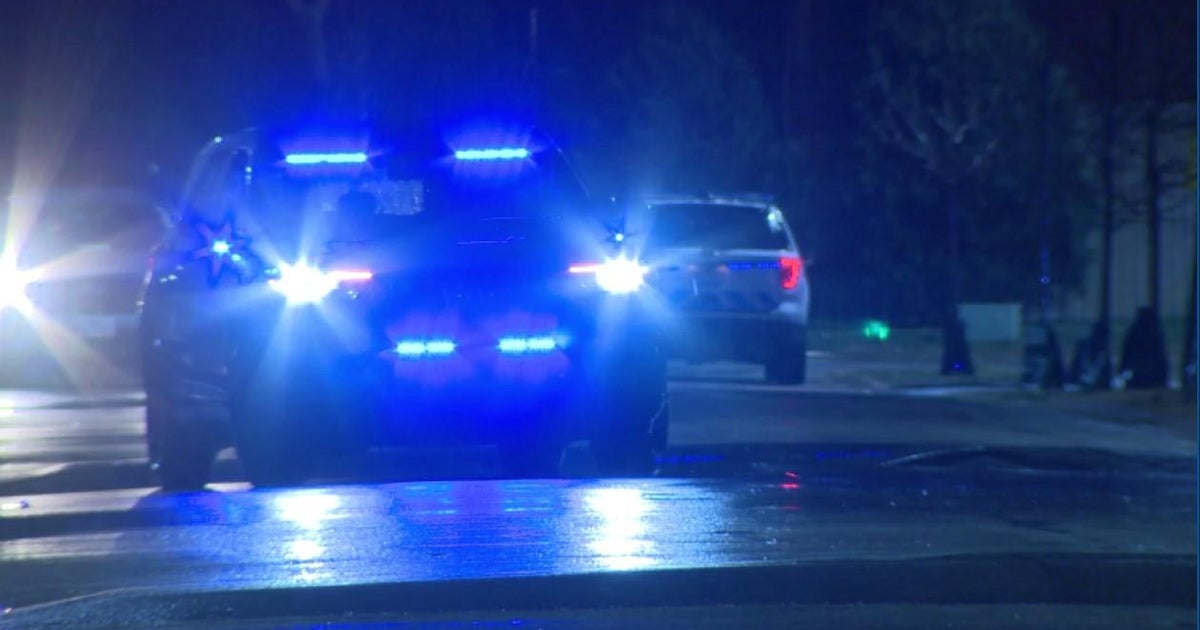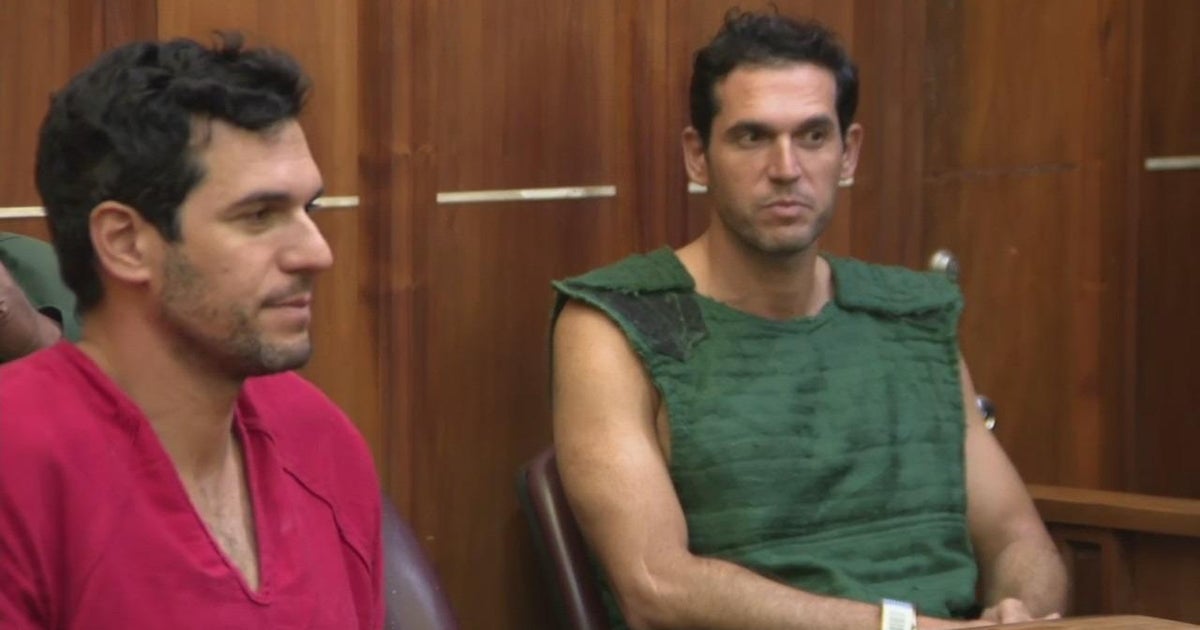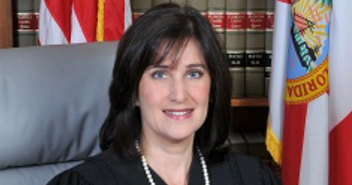Supreme Court To Weigh If Felons Can Stand Their Ground
TALLAHASSEE (CBSMiami/NSF) - The Florida Supreme Court will consider whether convicted felons have the right to claim immunity under the state's controversial "stand your ground" self-defense law, even if they are barred from possessing guns in the first place.
Justices agreed Wednesday to hear the case of Brian Bragdon, who was charged with two counts of attempted first-degree murder, shooting into an occupied vehicle, discharging a firearm from a vehicle and being a felon in possession of a firearm, according to a document in the case.
Bragdon argued that he fired the gun while trying to defend himself and sought to get the charges dismissed under "stand your ground." But a circuit judge ruled that Bragdon was prevented from seeking immunity because he was a convicted felon in possession of a firearm at the time of the shooting, and the 4th District Court of Appeal also ruled against him.
The appeals court based its decision on its own 2012 ruling in the case of Harvey Hill, a felon who shot a man during a confrontation over a woman and then claimed he did so in self defense. The court ruled that he couldn't do so under "stand your ground."
"Here, the defendant used the very instrumentality that he was not lawfully allowed to possess to injure his alleged assailant," the court ruled in the Hill case.
But between Hill and Bragdon, the 2nd District Court of Appeal found in another case that there was at least one section of the "stand your ground" law that could apply even to felons. The court was considering the case of Aaron Little, who shot another man in a confrontation.
"His status as a felon in illegal possession of a firearm did not preclude that claim of immunity," the 2nd DCA ruled. "And, as set forth above, Little established by a preponderance of the evidence that his use of force was justified to prevent his imminent death or great bodily harm as provided for in" the law.
The 2nd DCA said it wasn't sure whether the decisions in the Little and Hill cases were in conflict --- something that makes the Florida Supreme Court more likely to intervene. But in its ruling on Bragdon, the 4th DCA said there was a conflict with the Little ruling. Bragdon asked the justices to hear the case based on that conflict, and lawyers for the state agreed.
The "stand your ground" law says people can use deadly force and do not have a duty to retreat if they think it is necessary to prevent death or great bodily harm. The law offers criminal and civil immunity in such cases.
It's not clear when the Supreme Court might rule. The order issued Wednesday sets out a schedule for attorneys in the case to file briefs but said the court would set a time for oral arguments later.
This report is by Brandon Larrabee with The News Service of Florida.
RELATED CONTENT:



